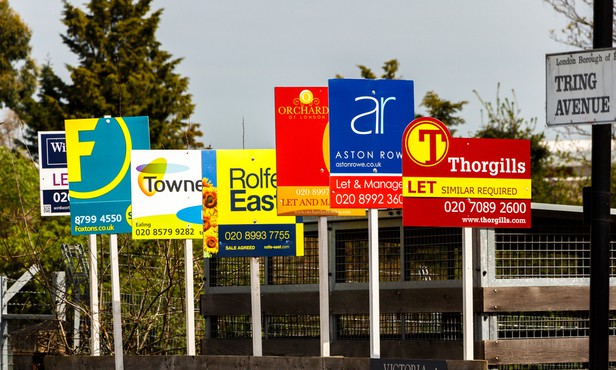Private renters in nine London boroughs face paying half of their income or more on rent, according to Generation Rent.

Private renters in nine London boroughs face paying half of their income or more on rent, according to Generation Rent.
Generation Rent is calling on the next Mayor of London to lead a campaign to demand powers from the government to reduce rents.
It would like to see measures including freezing rents within tenancies, to give tenants more certainty and a rent control system that aims to reduce rents overall.
As well as this, it wants to see the implementation of linking rents to the quality of the home to maintain standards and tough penalties for landlords who break the rules, overseen by a city-wide Rent Control Board.
In March 2020, the rent on the median two-bedroom home in London was £1,450 and the median full-time salary was £38,592.
That would mean that a single-earner family with a baby would be spending 45% of their earnings on rent.
The situation is worst in inner London, Newham and Haringey where this figure is above 50% and reaches 76% in Westminster.
The most affordable borough is Bexley, with median rent worth 33% of the median full-time salary.
However, affordability has improved over the last five years, with just five boroughs – Camden, Greenwich, Havering, Redbridge, and Westminster – becoming less affordable since 2015.
While candidates for Mayor have already called for rent controls, no model has been proposed – and they could take a number of forms.
Generation Rent is also calling for the next Mayor to build 60,000 new homes to house people currently in temporary accommodation and regulating illegal year-round holiday lets.
In addition, it wants to see action taken with the Metropolitan Police to tackle illegal evictions, and joining the campaign for reform of the private rented sector by the government in Westminster.
Alicia Kennedy, director of Generation Rent, said: “High rents force people into poverty and make it almost impossible to save towards the future.
“No one should have to spend more than 30% of their income on rent, yet this is a reality for most Londoners who are stuck in the private rented sector.
“Londoners urgently need bold action to make renting more affordable. Investment in housebuilding is needed to make renting more affordable long-term, but rent controls would offer immediate protection and relief.”



